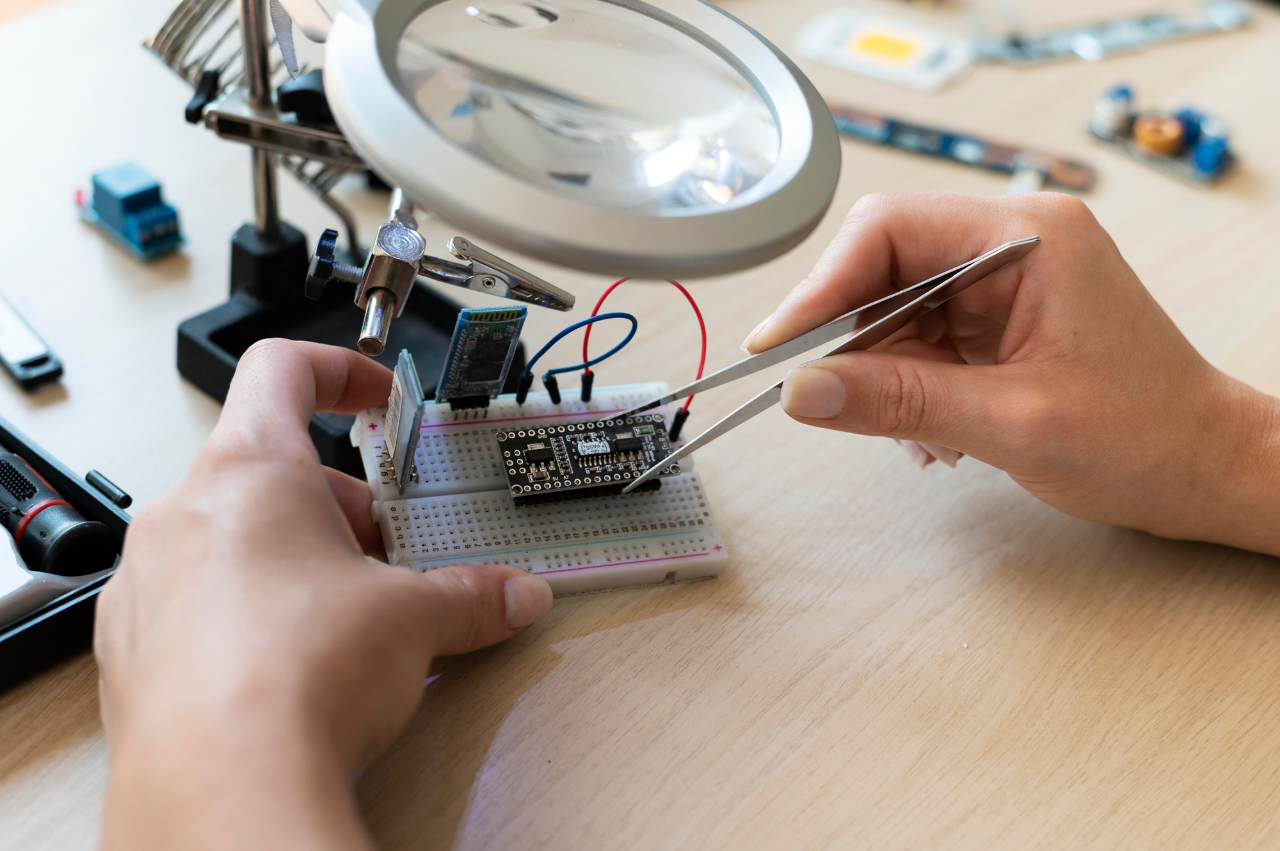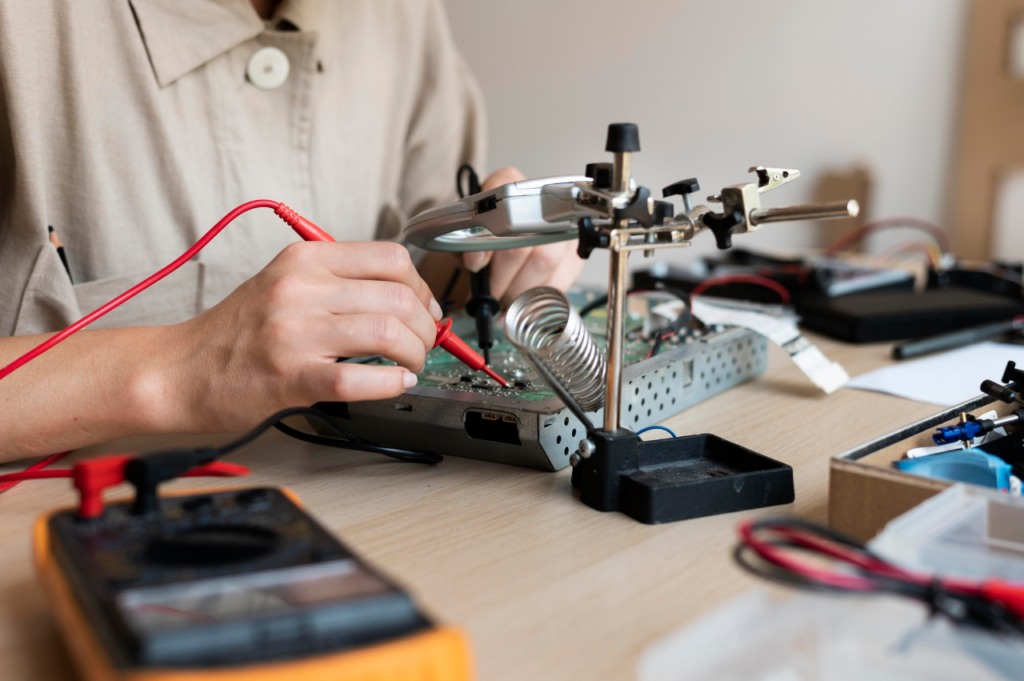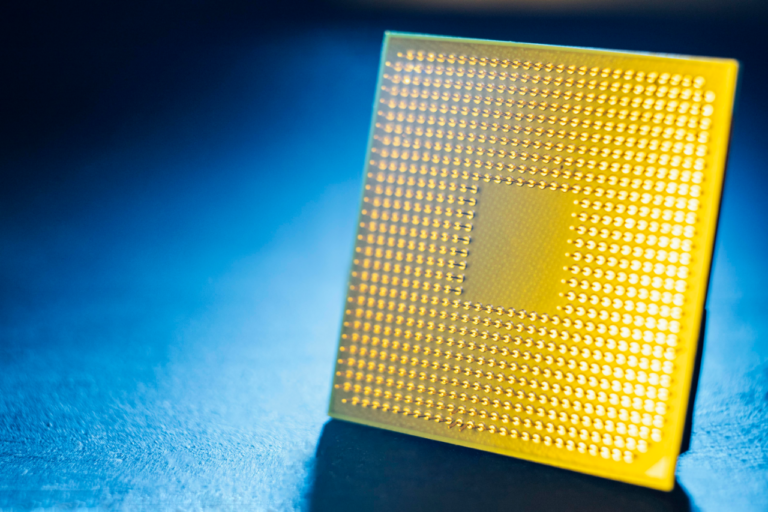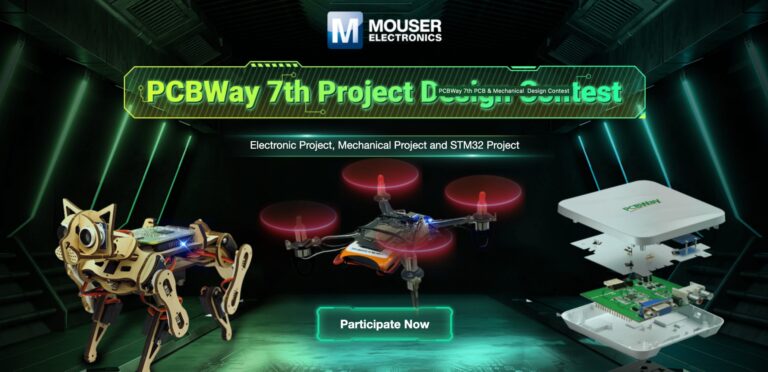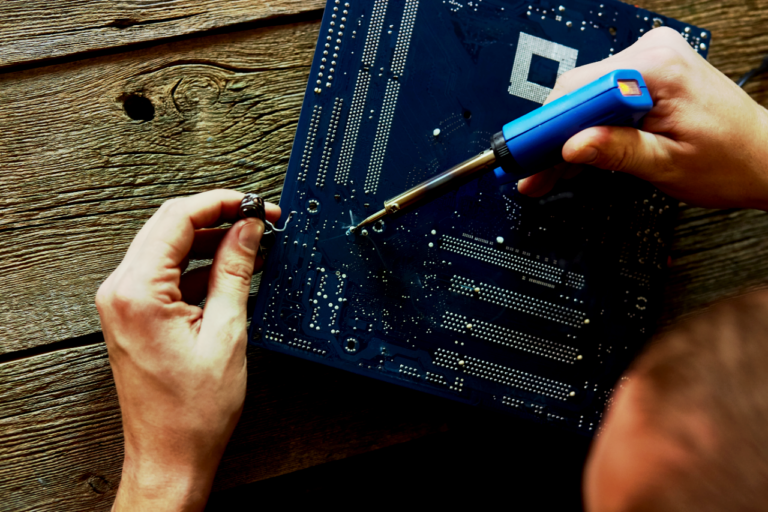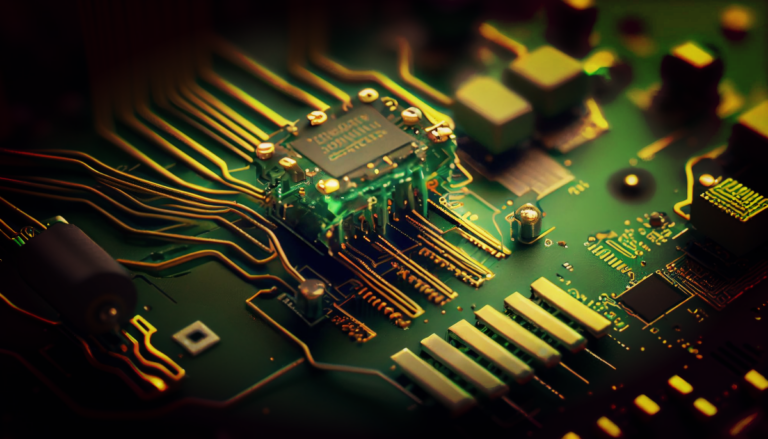Beginners Beware: Must-Have Electronics Tools for Beginners in 2024
Hey there, future electronics wizard! Welcome to the exciting world of electronics, where the right tools aren’t just helpful—they’re your best friends on this electrifying journey. Setting up your workspace with the essentials can make the difference between frustration and seamless creation. So, let’s dive into transforming your work area into a beginner-friendly electronics lab that’s both efficient and fun to use.
Setting Up Your Electronics Workspace
Keep It Clean and Organized
First things first, a clean and organized workspace is your launchpad. You want everything within arm’s reach but not cluttered. Think of it as setting up your workspace. Every tool should have its place, and there should be plenty of space for your projects to spread out without getting lost in the chaos.
Lighting and Ergonomics Matter
Good lighting is non-negotiable. You’ll be working with tiny components, so make sure your workspace is well-lit to keep those squint-induced headaches at bay. As for ergonomics, adjust your chair and table height to avoid any unnecessary back pain or wrist strain. Comfort is key to keeping your creative juices flowing.
Essential Tools for Every Beginner
Now, onto the fun part—tools! Here’s a rundown of what you’ll need to get started. These are the non-negotiables, the bread and butter of your electronics toolkit.
Must-Have Hand Tools
Soldering Iron
A good soldering iron is the heart of your toolkit. Look for one with adjustable temperature control. It’ll be your trusty sidekick for everything from fixing a wire to assembling a circuit board.
Wire Cutters and Strippers
Precision is the name of the game, and a reliable set of wire cutters and strippers will ensure you’re not mangling your wires. They should be comfortable to hold and sharp enough to make clean cuts every time.
Tweezers and Pliers
You’ll thank yourself for having a variety of tweezers and pliers. They’re perfect for those moments when your fingers are just too big to place or adjust tiny components.
Multimeter
Think of a multimeter as your electronic detective. It measures voltage, current, and resistance, helping you troubleshoot and ensure your circuits work as intended.
Breadboards and Jump Wires
Before you commit to soldering, breadboards and jump wires let you prototype your projects. They’re great for testing ideas without making permanent connections.
Power Tools and Equipment
Adjustable Power Supply
An adjustable power supply will become your best friend. It provides stable power to your projects, allowing you to test and adjust without frying your components.
Oscilloscope
Ready to see what your signals look like? An oscilloscope shows you the electrical signals in your circuit, vital for understanding how your projects are behaving.
Specialty Tools for Advanced Projects
As you grow, so will your toolkit. Here are a couple of items you might not need right away but are worth considering as you advance.
Logic Analyzers
When you’re ready to dive deeper into digital circuits, a logic analyzer can be invaluable. It helps you see the communication between parts of your circuit, decoding the language of your electronics.
Soldering Station and Hot Air Rework Stations
A soldering station offers more precision and flexibility than a basic soldering iron. And for those moments when you need to correct mistakes, a hot air rework station allows you to desolder components without breaking a sweat.
Organizing and Protecting Your Workspace
Tool Organizers
A tool organizer or a simple pegboard can keep your workspace tidy and your tools in plain sight. No more lost tweezers or a missing screwdriver when you need them the most.
Anti-Static Wrist Straps and Safety Glasses
Protecting your components from static electricity is crucial, so an anti-static wrist strap is a wise investment. And don’t forget safety glasses—protecting your eyes should always be a priority.
Starting Your Electronics Toolkit
Choosing quality over quantity is a good rule of thumb for your first toolkit. Start with the essentials listed above, and add to your collection as your skills and interests grow. Remember, the best tool for the job is the one that you feel comfortable using and that serves your project needs.
Engaging with Projects and the Community
The best way to learn is by doing. Start with simple projects to build your confidence and understanding. There are tons of resources online, from tutorials to forums, where you can find inspiration and help when you’re stuck. Engaging with the community can also provide support, motivation, and maybe even a few new friends who share your interests.

PCBWay
Jumping into PCB projects is honestly one of the coolest adventures you can embark on in the electronics world. It’s all about turning your wild ideas and circuit diagrams into real, working gadgets. Whether you’re a hobbyist looking to DIY some home projects or a pro tweaking designs for efficiency, there’s something incredibly satisfying about seeing your creation come to life on a PCB.
PCBWay serves as an exceptional platform for realizing your PCB projects, offering both high-quality manufacturing services and a vibrant online community. This enables users to not only have their PCBs professionally produced but also to engage with, learn from, and contribute to a network of like-minded individuals in the field of electronics.
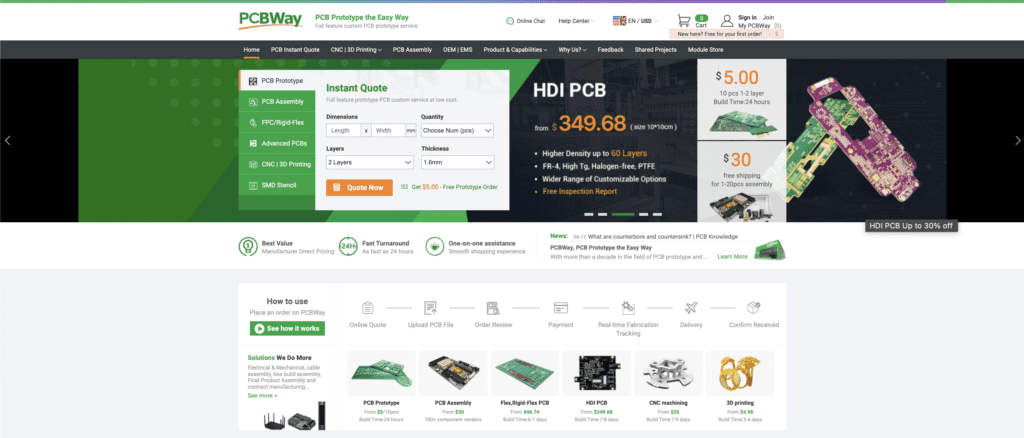
Chinese PCB manufacturing business PCBWay was established in Hangzhou in 2014. They specialize in producing PCB prototypes on a small- and medium-scale. Thanks to their companies’ exceptional production capabilities and more than 15 years of industry experience, their products have been successfully marketed in 150 countries and used by 250,000 clients globally in the previous four years.
PCBWay provides everything needed to create electronics projects from start to finish. By making investments in modern machinery, quality assurance, and customer support, PCBWay offers premium services at very competitive prices. The company stands out for its support of a variety of technologies, its user-friendly website, and, most significantly, its strong community support.
PCBWay Online Community
PCBWay Online Community is an online community platform for electronics enthusiasts, hobbyists, and professionals to connect, share knowledge, and showcase their electronics projects. The platform is managed by PCBWay, a company that provides PCB prototyping, manufacturing, and assembly services.

The PCBWay Project Community offers various features, including a forum for members to ask and answer questions related to electronics, a blog section where members can share their projects and experiences, and a project gallery where members can showcase their projects. The community also hosts various electronics contests and challenges to encourage innovation and creativity in the field. Members can participate in these contests and win prizes.
In addition to the online community platform, the PCBWay Project Community also offers various resources and tools to help members with their projects. These include tutorials, design files, and PCB layouts. Overall, the PCBWay Project Community is a great resource for anyone interested in electronics, providing a platform for learning, sharing, and collaboration in the field. There are many different projects available.
Keep Experimenting and Learning
Never be afraid to experiment with new ideas or tackle projects that seem just a bit out of reach. Every project, successful or not, is a step forward in your journey. Plus, the electronics community is known for its willingness to help and share knowledge, so you’re never truly alone in your endeavors.
Upgrading Your Toolkit
As your projects become more complex, you’ll naturally find which tools you need to add or upgrade. This gradual evolution of your toolkit will be guided by your interests and the types of projects you gravitate toward. Whether it’s microcontrollers, wearable tech, or home automation, your tools will grow with your ambitions.
The Joy of Sharing Your Work
One of the most rewarding aspects of working with electronics is sharing what you’ve made with others. Whether it’s showcasing a project online, teaching someone else a trick you’ve learned, or even collaborating on projects, sharing your passion not only helps others but also deepens your understanding and love for electronics.
Conclusion
Embarking on your electronics journey is exciting, and having the right tools in your workspace is crucial to your success and enjoyment. Remember, every master was once a beginner. With patience, practice, and the right equipment, you’ll be amazed at what you can create. So, get your workspace ready, and dive into the fascinating world of electronics. Each project you undertake will not only your skills but also your confidence.
